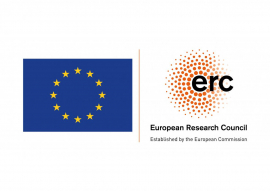Abstract
The diversity of educational opportunities has the potential to improve the situation of everyone by providing an environment, adapted to the needs and goals of all. Letting parents or students choose their trajectory can improve welfare as it allows them to sort into the right program, using their private information on comparative advantages and preferences. However, personal choices are not necessarily in line with society’s objectives because of externalities. Apart from financial externalities that are inevitable in subsidized educational systems, peer effects are crucial in this context as the student composition of an educational program affects its quality. Furthermore, from an individual perspective, the right choice is difficult to make, and behavioral biases (or “internalities”) are common.
As a result, such choices are often restricted. Targeted vouchers open up spots for some groups of children at the cost of others, grading standards prevent students from attending certain tracks or courses in high school, and college admissions prevent completely free access. However, there is little guidance for policymakers in knowing and realizing the optimal size and composition of different options. What is the right balance between choice, ability and diversity requirements in school choice and tracking? Are seats in college programs optimally provided according to society’s needs? How to incentivize students to align their choices with a societal optimum?
This project aims to develop a methodology to empirically analyze the optimal provision of choice using novel dynamic discrete choice models that take into account externalities and internalities. The objective is to apply this methodology to rich micro-data from the three main levels of education: school competition in primary education, tracking in secondary education, and admission and graduation in college.
Contact In TSE: Olivier de Groote

